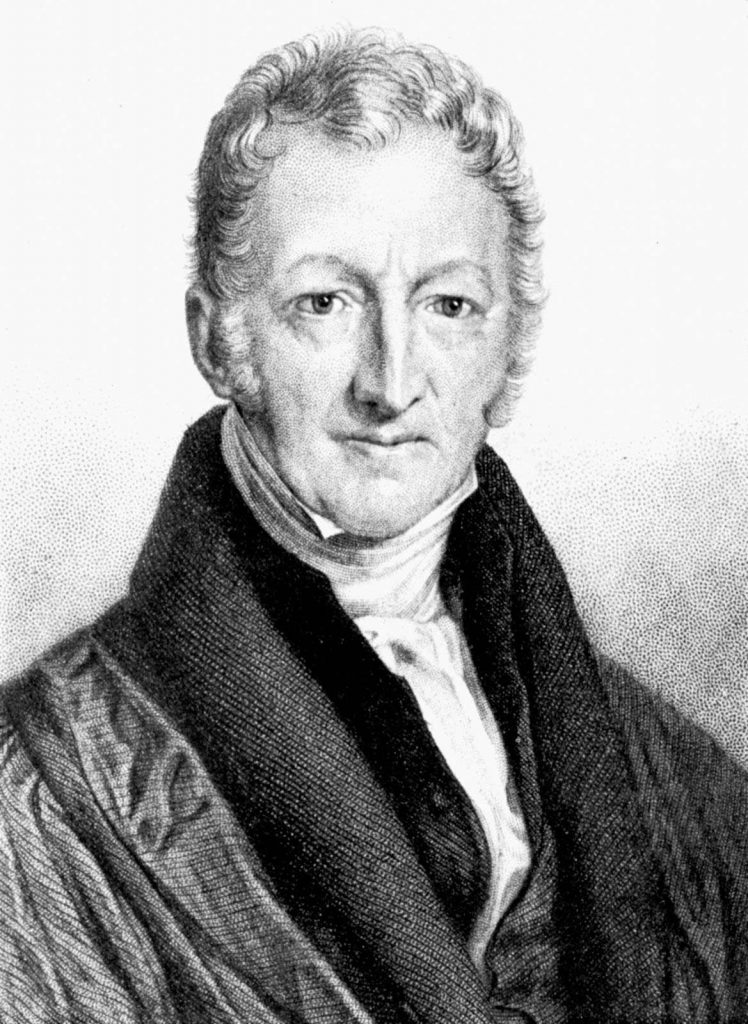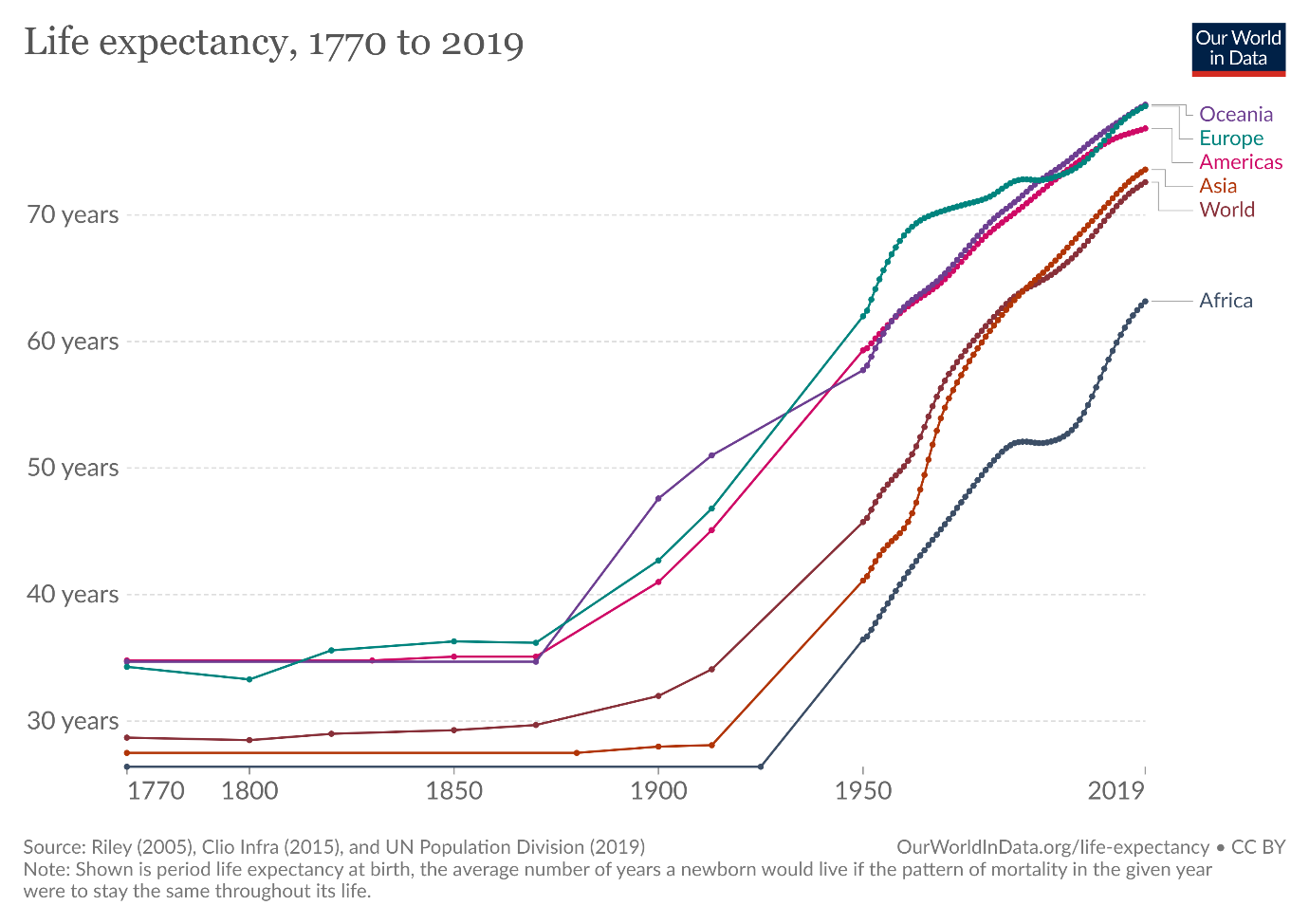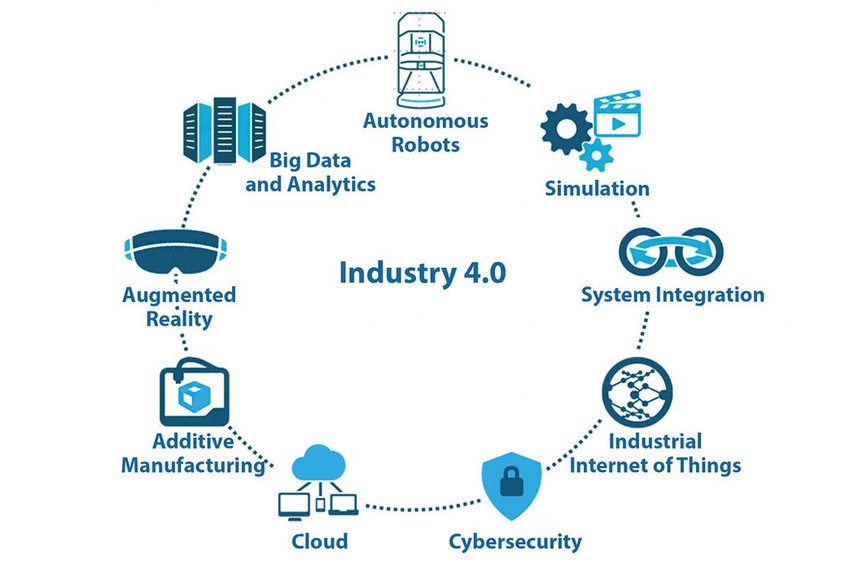His name is Thanos, and he wants to save the universe.
Usually, this sounds like a great motivation for a hero.
But in the context of Avengers: Infinity War, he’s actually the villain.
Why?
Because his mission to save the universe involves him committing the greatest crime of all.

Source: Dignited
Thanos is obsessed with finding the Infinity Stones. Six of them. They will give him access to phenomenal power. Tyrannical power.
Captain America, Iron Man, and an all-star line-up need to stop Thanos.
It’s a race against time. The stakes couldn’t be higher. Because once Thanos gets these stones, he can simply snap his fingers — and half of the universe will die.
It is, quite literally, genocide on a cosmic scale.
Thanos’ reason for doing this gives him an unusual level of depth for a villain.
He is motivated by his experience on his homeworld, Titan. It was once a prosperous and thriving planet — but it fell into catastrophic decline, then extinction.
Thanos believes this same tragedy will unfold across the rest of the universe. Resources are stretched too thin to support everyone. So he has come to a grim calculation: Half must die for the other half to live.
Thanos says it plainly:
‘At random. Dispassionate. Fair to rich and poor alike.’
Yes, it’s pretty dark and heavy for a Hollywood blockbuster. And amidst the punches and explosions, moral questions come into play:
- Are all lives valuable?
- Or…are some lives expendable?
- And…should everything be reduced to a mathematical equation?
Inspired by Malthusianism
Thanos is a fictional Marvel Comics character, but his motives are rooted in real-life concerns.
Thomas Robert Malthus was an English economist who studied the issue of scarcity. In 1798, he published a provocative book — An Essay on the Principle of Population.

Source: Britannica
Malthus presented the following theory:
- The human population tends to increase at a geometric rate, doubling every 25 years or so.
- Food production tends to increase at an arithmetic rate, only progressing in a linear curve.
- When these two equations are held equal, the end result will be cataclysmic hunger and misery — unless the disparity is managed.
It’s important to understand that Malthus wasn’t just an economist. He was also a cleric in the Church of England. And his observations made him a pessimist, believing that poverty was an inescapable fact of life:
‘I say that the power of population is indefinitely greater than the power in the earth to produce subsistence for man.’
Naturally enough, the Malthusian Law of Population ignited a storm of controversy in Britain. Was this theory accurate? And if so, what could the government do to solve this problem?
This national debate led to the establishment of the Census Act 1800. It encouraged policymakers to keep track of shifting demographics.
The ripple effect of Malthusianism was also felt elsewhere across the political spectrum:
- Charles Dickens observed that scarcity tended to hit working-class people the worst, creating an industrial environment ripe for exploitation. He championed policies for social justice in order to remedy this.
- John Maynard Keynes observed that economic shocks would regularly happen due to the mismatch between demand and supply. He encouraged governments to use fiscal and monetary policy to minimise the worst effects of this.
- Adolf Hitler believed that lebensraum — living space — was critical for an Aryan-based empire. Resources were finite. Competition was fierce. So other races would need to be exterminated or enslaved to achieve his ruthless dream of a Thousand-Year Reich.
- Gene Roddenberry had a more optimistic view of humanity. He believed that robotics would one day create a New World Economy free from scarcity. People would achieve a high quality of life and start to look beyond existential anxiety.
The impact on us today
Capitalism. Fascism. Socialism.
When you stop and think about it, one fact becomes very clear. Every belief system that humanity has ever engaged in has always been rooted in one eternal problem: Scarcity.
How to accommodate it. How to resist it. How to transcend it.
Poet Robert Browning addressed this issue with elegance:
Ah, but a man’s reach should exceed his grasp,
Or what’s a heaven for?
Philosopher Thomas Hobbes was much more blunt in his assessment:
…Continual fear, and danger of violent death; and the life of man, solitary, poor, nasty, brutish, and short.
Well, ouch.
Fortunately, we are already moving beyond that kind of pessimism.
In the 21st century, we are confronting the problem of scarcity head-on by being creative and dynamic. And this has allowed us to achieve a quality of life that Thomas Malthus could never have imagined.

Source: Our World in Data
Across the board, the scale of change is breathtaking:
- In 1770, the average life expectancy of a human being was around 35. In 2019, it’s well over 70.
- In 1820, the number of people living in extreme poverty was 89% of the global population. In 2015, it’s only 10%.
- In 1800, the number of people who couldn’t read and write was 88% of the global population. In 2016, it’s only 14%.
- Today, the 4th Industrial Revolution promises to transform the course of human history even further.
- There will be better food, better healthcare, better opportunities.
- More things will change in the next 100 years than in the last 1,000.

Source: ResearchGate
So, what kind of quantum innovations are coming our way?
- The Internet of Things…
- Augmented reality…
- Autonomous robots…
- Additive manufacturing…
- …And much, much more.
While the mainstream media often dwells on negativity, we see plenty of reasons to be positive. To be optimistic. To be excited.
In our newly-launched Quantum Wealth Report, we are carrying out research on the cutting-edge of human potential.
What we’re seeing is profound. Urgent. Transformational.
Indeed, we believe in the courage and ingenuity of free enterprise, as well as the track record that history has shown us.
Humanity will not only survive. Humanity will thrive.
We’re not losing sight of the brighter horizons ahead, and neither should you.
Regards,
John Ling
Analyst, Wealth Morning
(This article is general in nature and should not be construed as any financial or investment advice. To obtain guidance for your specific situation, please seek independent financial advice.)





John is the Chief Investment Officer at Wealth Morning. His responsibilities include trading, client service, and compliance. He is an experienced investor and portfolio manager, trading both on his own account and assisting with high net-worth clients. In addition to contributing financial and geopolitical articles to this site, John is a bestselling author in his own right. His international thrillers have appeared on the USA Today and Amazon bestseller lists.